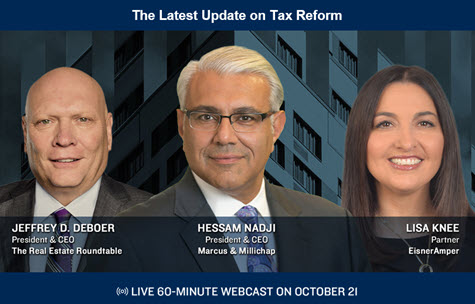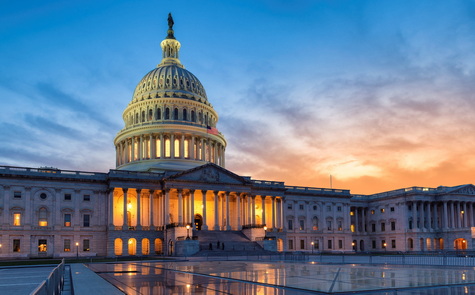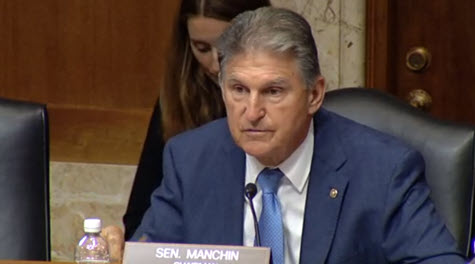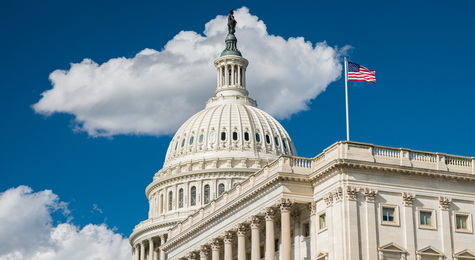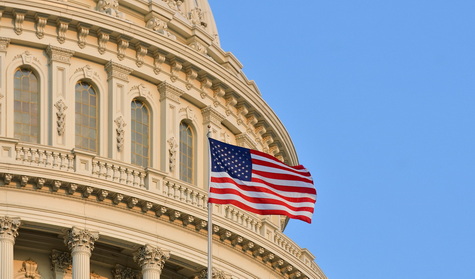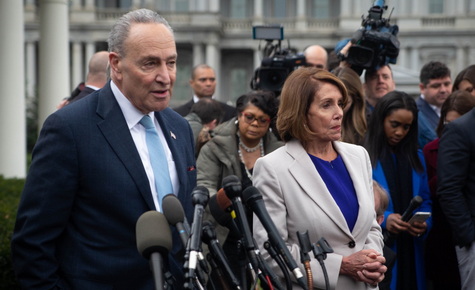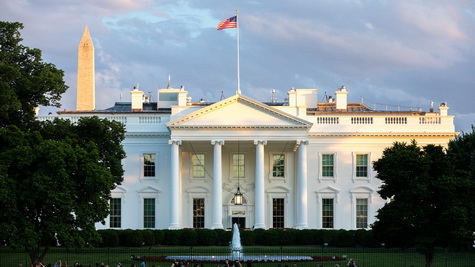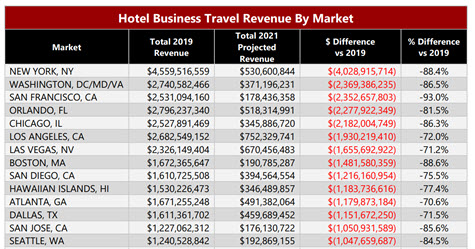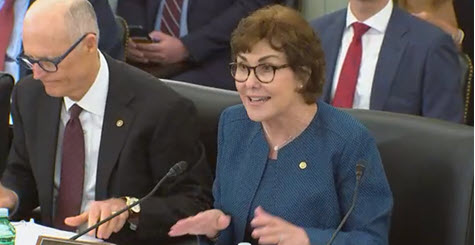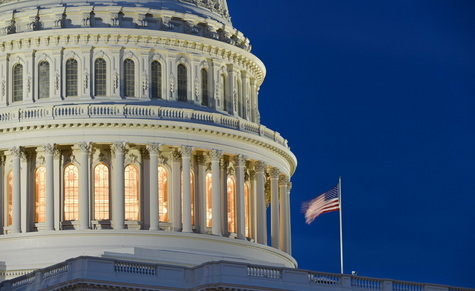
The White House’s scaled back $1.75 trillion “framework” infrastructure reconciliation bill includes a $555 billion mix of Senate and House clean energy provisions. (Axios, Oct. 29)
Why It Matters
- Revamped clean energy tax incentives “form the biggest measures to fight climate change in the budget reconciliation bill.” (PoliticoPro and B-Gov, Oct. 28)
- House Ways and Means Chair Richard Neal (D-MA) and Senate Finance Chairman Ron Wyden (R-OR) said yesterday they had reached agreement on the climate provisions. (PoliticoPro, Oct. 28)
- The incentives largely reflect the suite of credits and deductions passed Ways and Means last month with Democratic-only support (Roundtable Weekly, Sept. 17). Senate Finance provisions favorable to CRE advanced in May (Roundtable Weekly, May 28) have also been included in the latest House package.
Clean Energy Tax Provisions

- Based on the text and a section-by-section summary of the Build Back Better reconciliation bill, clean energy tax provisions of interest to the U.S. real estate sector include:
- Extension of the Section 48 Investment Tax Credit to offset some of the expenses of solar properties, combined heat and power systems, and fuel cells – with expansions to cover energy storage, dynamic glass, and “linear” generators;
- A revised tax credit for installations of EV charging stations;
- An elective “direct pay” option allowing entities with little or no tax liability to obtain a payment equal to the value of the credits they would have received if they paid taxes; and
- Reform of the 179D tax deduction geared toward incentivizing energy efficiency “retrofits” of existing commercial and multifamily buildings.
- The green energy incentives, however, are subject to new labor rules that will affect taxpayers’ decisions to utilize the benefits. The Build Back Better Act does not require businesses seeking these credits or deductions to pay Davis-Bacon wages or hire registered apprentices on clean energy projects. However, the amount of the incentives can be five times greater for qualifying projects meeting these labor costs compared to those that do not.
- The Roundtable’s latest Policy Issues Toolkit (“Clean Energy Tax Incentives” fact sheet, p. 25) provides more details on particular incentives and the wage/apprenticeship issues at play in reconciliation talks.
- A separate climate priority of Progressive Democrats known as the Clean Electricity Performance Program (CEPP) – that would have offered incentives to power companies switching to renewable energy and fining those that “moved slowly from fossil fuels” – was dropped from the reconciliation bill at the urging of Senator Joe Manchin (D-WV). (Roll Call, Oct. 28.)
CRE’s Role

- Roundtable Chair John Fish (Chairman and CEO, Suffolk), above, commented on the importance of clean energy measures affecting commercial real estate in an interview published this week with American City Business Journals.
- Fish emphasized the impact that the built environment has on clean energy. He noted buildings produce 40 percent of all carbon emissions and 36 percent of all energy use. He also commented on the role of older building stock, since 75 percent of all buildings in America average 35 years old or older.
“The building world – the asset class of the buildings themselves – contributes a great deal of influence to the health of our environment. We all support energy efficiency, we all support lowering the carbon footprint. We really feel that the real estate industry, of all industries, has probably one of the biggest impacts on that conversation than anybody else. We welcome the opportunity to be at the table and to have those constructive dialogues,” Fish said. (Business Journals, Oct. 27)
# # #

